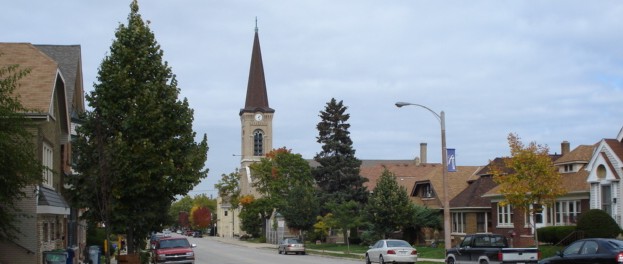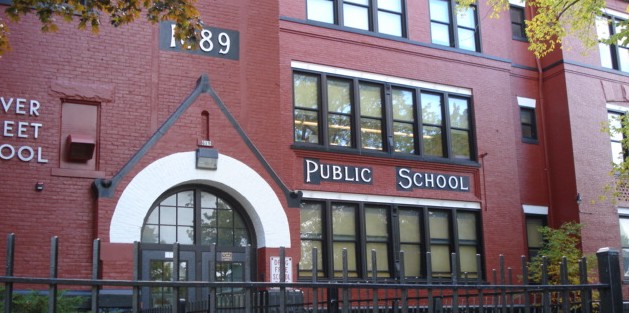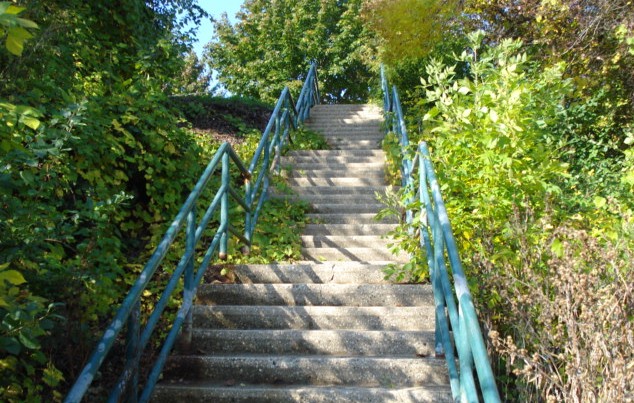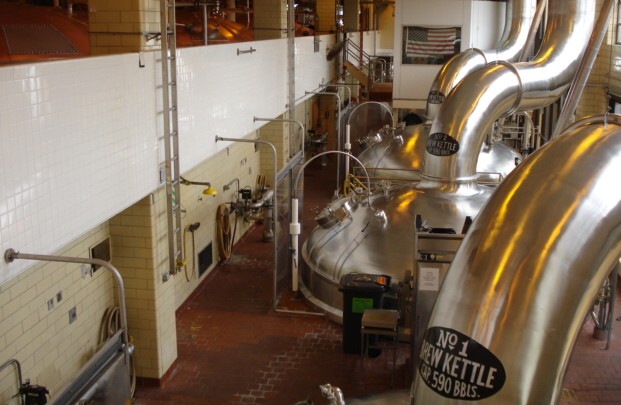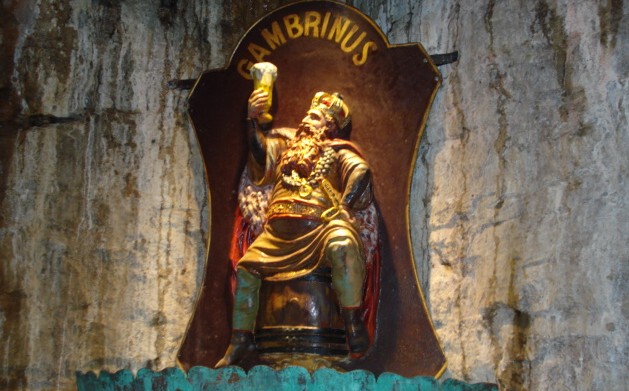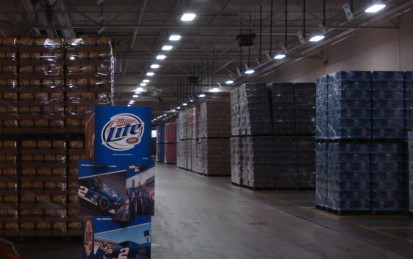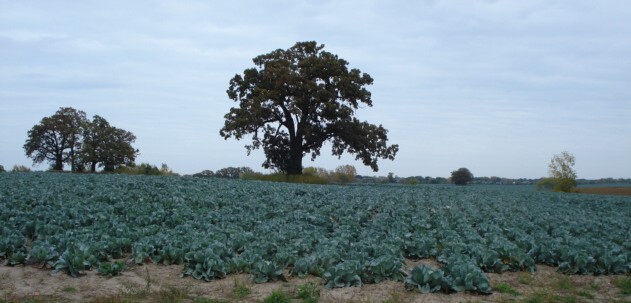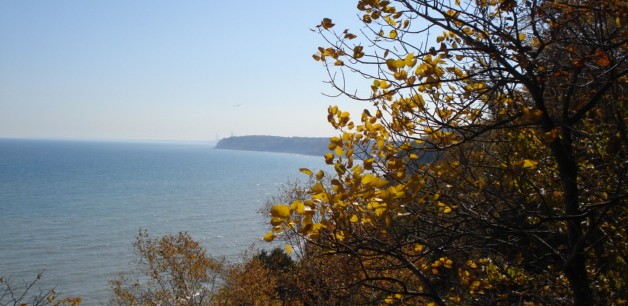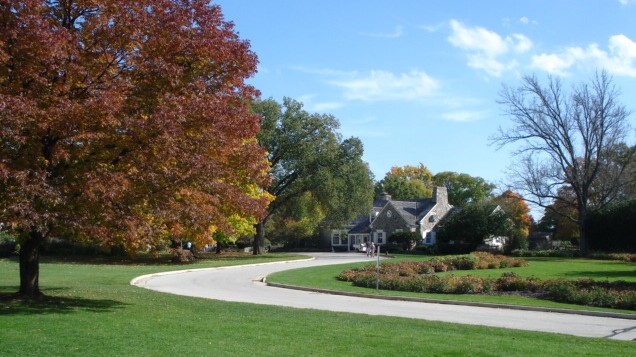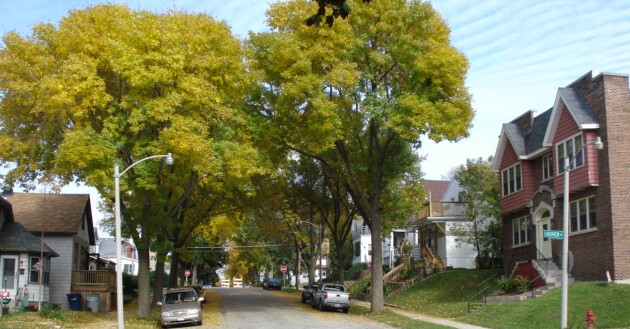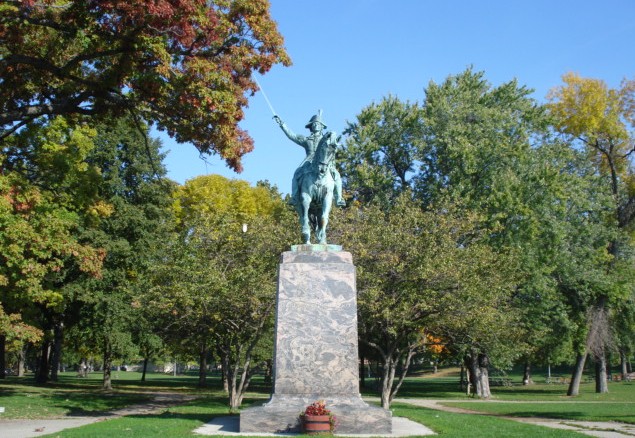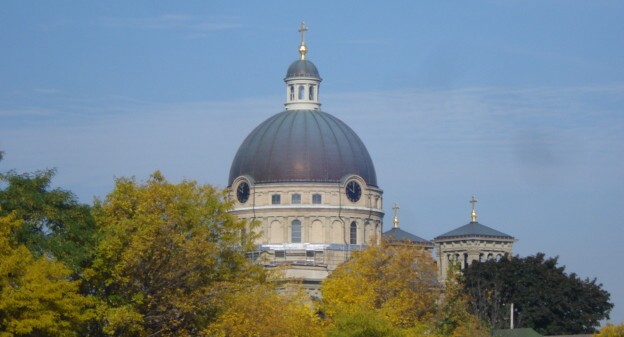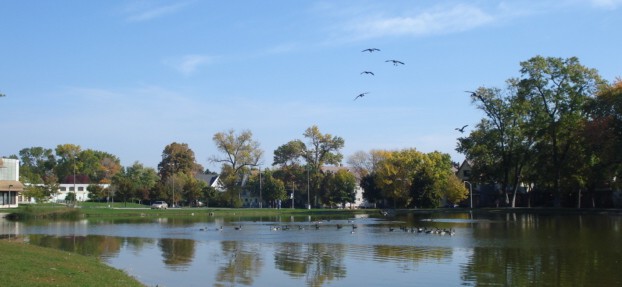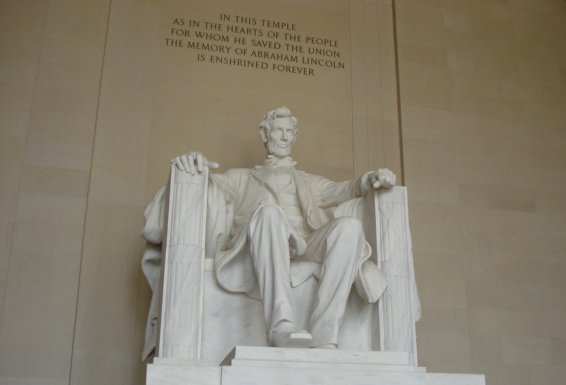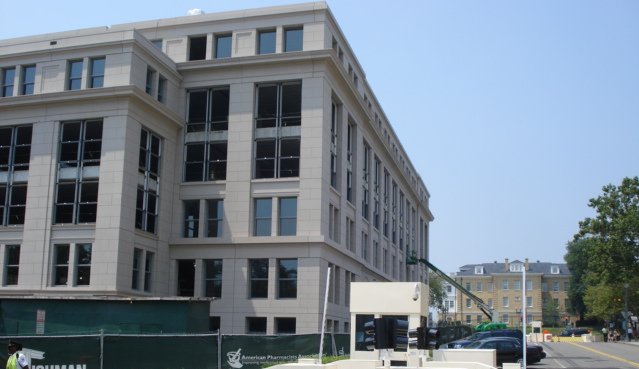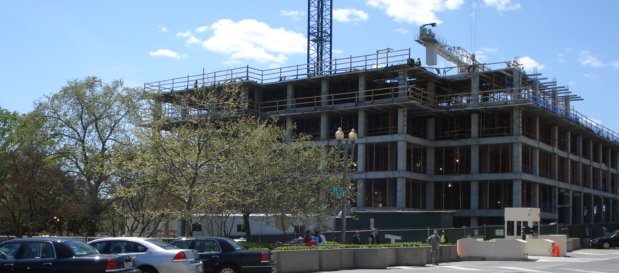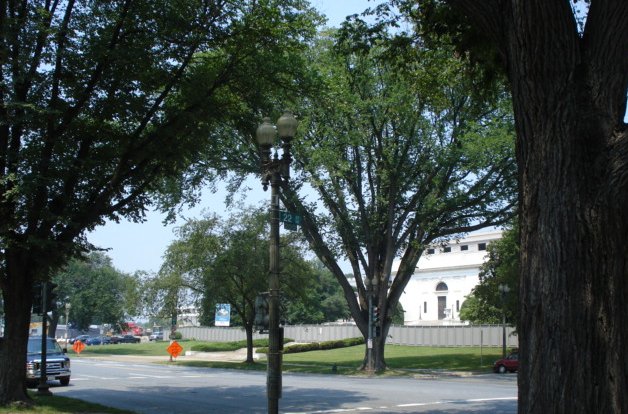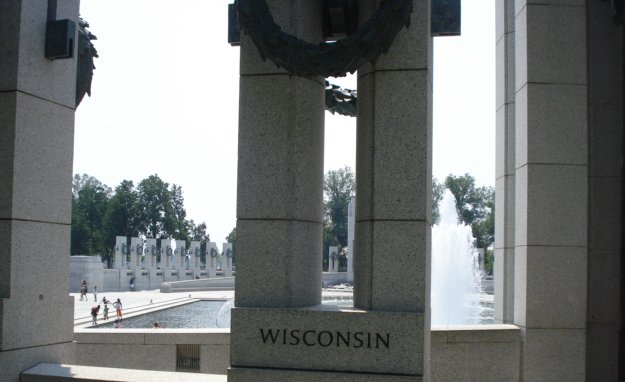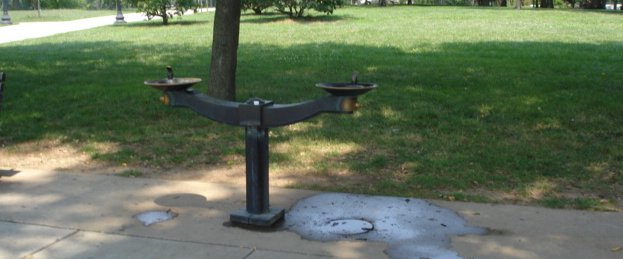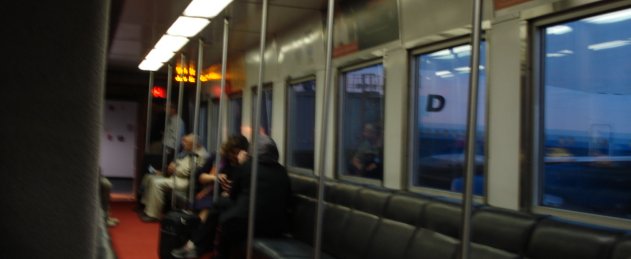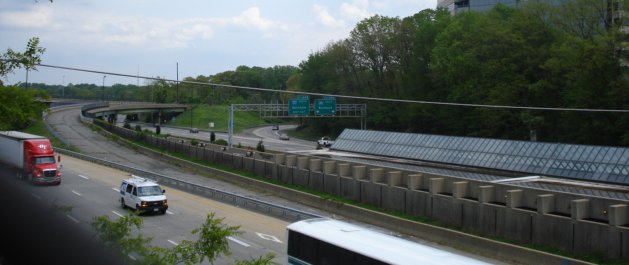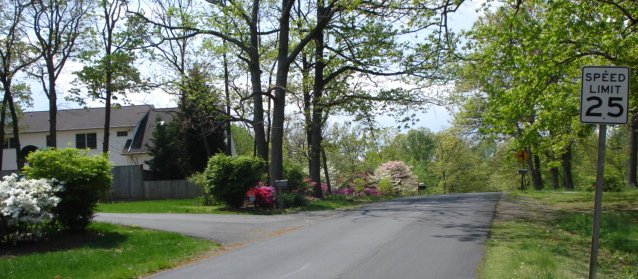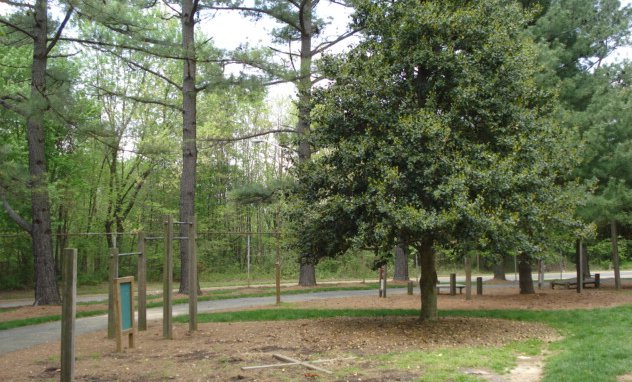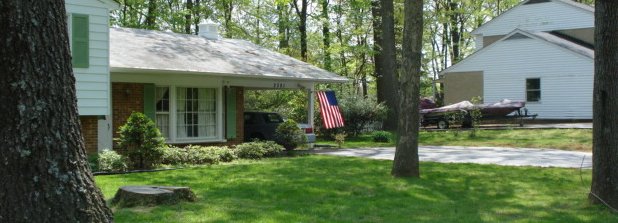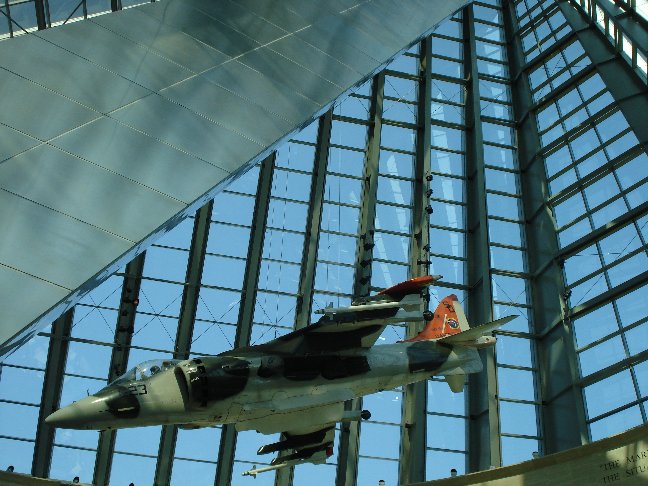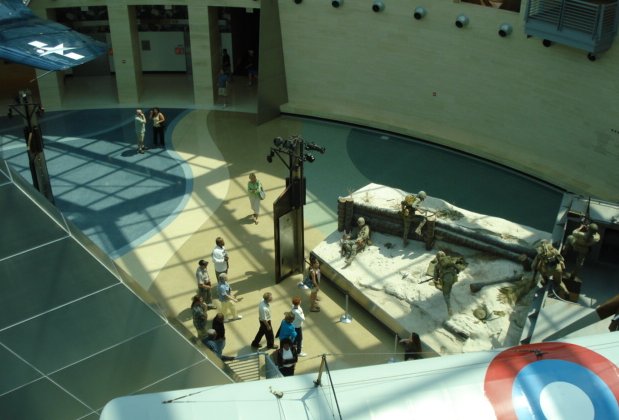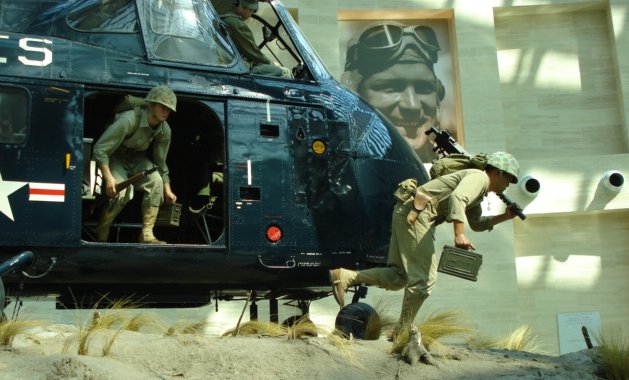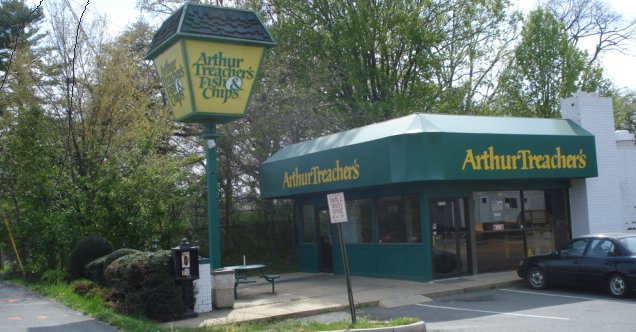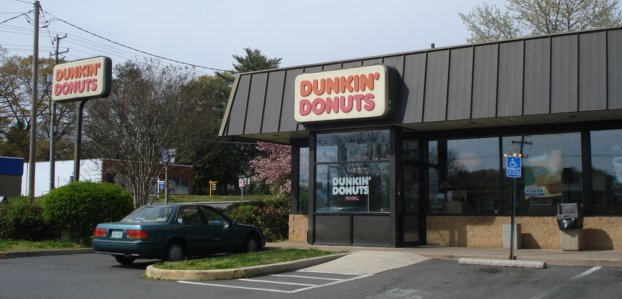Military bases and battlefields are often located on beautiful natural locations. It makes sense when you think about it. They were looking for high ground that commanded some natural features. Such places have nice views. Below is the view of the Potomac from the Marine base at Quantico where I went to participate on a panel on civil military affairs at the Expeditionary Warfare School.
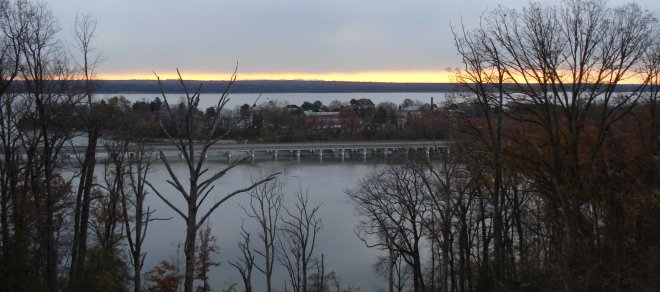
We had an interesting discussion about NGOs in battle spaces. The students were generally unsympathetic to the neutrality of NGOs and their arguments were cogent. What happens when an NGO learns about an imminent attack? On the other hand, it is important that we have NGOs maintain the ability to work with both sides, at least nominally. This is especially important for an organization like the Red Cross, which has real responsibility to minister to the victims of armed conflict on all sides. There will always be a dynamic tension. It takes physical courage to be on a battlefield and it takes moral courage to maintain neutrality in these tough conditions. The expedient thing to do in the short run is often not the right thing for the long run. I defended the NGOs, although I admitted that the actions of many also annoy me much of the time. We cannot always defend only those things we like.
Beyond that, NGOs are a key part of civil society. They usually help us with stability operations, whether or not they want to work toward “our” goals. They provide services that make life better for the local people. The bad guys tend to hate them for that. Their goal is to make life horrible for the average person in order to break down support for legitimate authority, create chaos and drum up recruits for their nefarious purposes. Of course, that does not include the politically motivated NGOs, and there are a few of them.
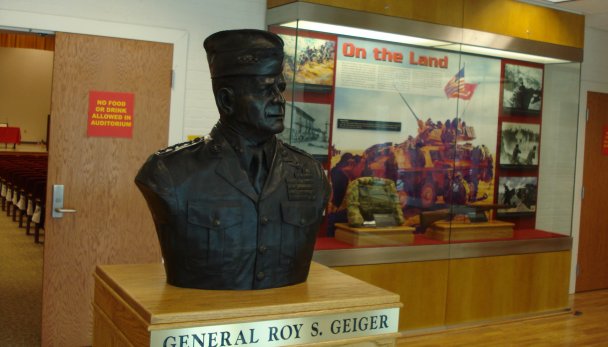
The military does tradition well. The building where we met was called Geiger Hall. Many buildings are named after famous people, or people who gave piles of money to whatever institution is naming the place. This is different. General Geiger earned the honor AND the building owners explained why. The constant exposure to the reminders of his successful and heroic life gives instruction and inspiration. These are things we need more in our lives. Below is the story of Joshua Lawrence Chamberlain, a truly remarkable man. If you don’t know the story, I suggest you google him.
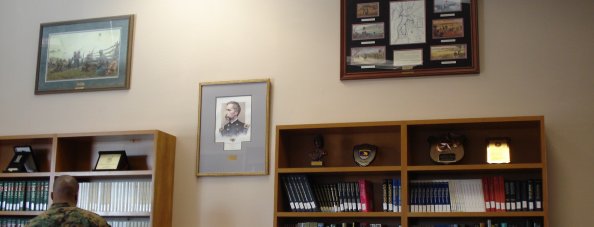
I had to rush back from Quantico to do a presentation on strategic communications for the JSAT at NDU. Our part of the task force is studying that and I will write more insights re public diplomacy when I have more of them. I will have to go to Doha to work on this in early December. Back to the Middle Eastern desert. Actually that area is pleasant in the winter, it is only for a couple weeks and I won’t be in the war zone, so I don’t mind.
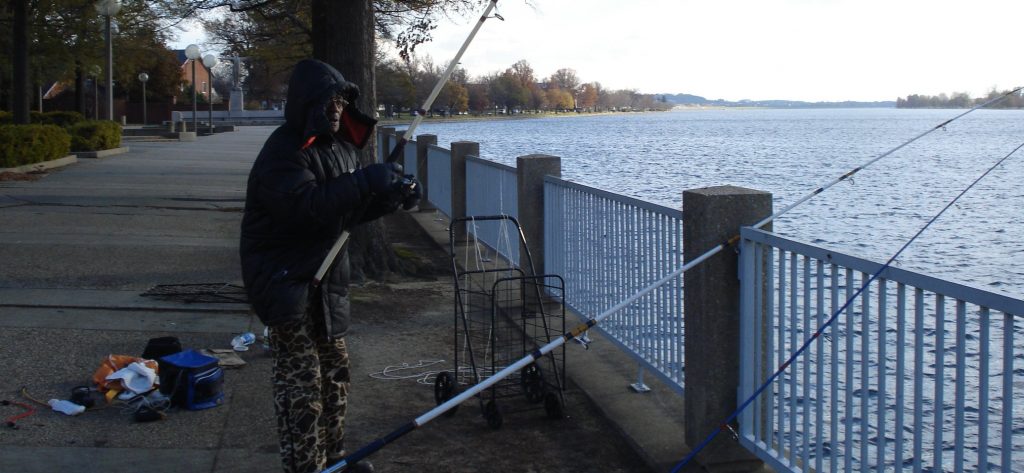
I walked along the Potomac on the way from the Metro to NDU, where I met this guy. He told me that he was fishing for catfish and rockfish and catching some catfish. As a senior citizen, he says he doesn’t need a license to fish in the Potomac. He has been fishing there for more than a half century, back when this part of Washington was a poor semi-rural town.

Above – with all the oak trees, we have alot of squirrels, agile and graceful creatures. Three of them were burying acorns, but by the time I got my camera out, only one remained. This one reared up.

